Understanding Tooth Decay
Tooth decay, also known as dental caries or cavities, is a common oral health condition that occurs when the structure of teeth deteriorates due to damaging acids produced by bacteria. These bacteria reside in dental plaque, a sticky film that forms on the teeth when sugars and carbohydrates from food particles are not thoroughly cleaned away. Over time, if plaque is left undisturbed, it hardens into tartar, leading to further complications in oral health.
The process of tooth decay begins with demineralization, where acids produced by bacterial metabolism of sugars dissolve minerals in the enamel, the outer protective layer of the tooth. Early signs of tooth decay may include white spots on the enamel; however, if left untreated, these spots can develop into brown or black cavities, indicating more extensive damage. The progression of tooth decay can be influenced by several factors, including oral hygiene practices, frequency of sugary food consumption, and the overall health of an individual’s teeth.
A significant factor in the development of tooth decay is one’s diet. High sugar intake provides an abundant food supply for harmful bacteria, promoting acid production, which leads to demineralization. Additionally, frequent snacking or consuming sugary beverages can increase the risk of tooth decay, as they prolong acid exposure to the teeth. On the other hand, a balanced diet rich in vitamins and minerals can help strengthen tooth enamel and reduce the likelihood of decay.
Overall, understanding the causes and processes related to tooth decay is essential for effective prevention. By maintaining proper oral hygiene practices, reducing sugar intake, and visiting a dentist regularly, individuals can significantly diminish their risk of developing cavities, ensuring better oral health.
Health Consequences of Untreated Tooth Decay
Untreated tooth decay can lead to a plethora of health issues that extend beyond the oral cavity. When caries are left unaddressed, the decay can progressively worsen, infiltrating deeper layers of the tooth and potentially reaching the pulp, which contains nerves and blood vessels. This situation can result in a painful condition known as pulpitis. If the infection continues to develop, it may lead to an abscess, characterized by a collection of pus that can cause significant pain and swelling, as well as fever and malaise.
Moreover, untreated decay does not only affect the teeth themselves but also poses risks to the surrounding structures. The onset of gum disease, or periodontal disease, is common among individuals with untreated cavities. The bacteria responsible for dental decay can migrate into the gums, leading to inflammation and infection of the gum tissue. This condition can progress to periodontitis, which could result in tooth loss and has been linked to more severe systemic health problems, including cardiovascular disease.
Additionally, there is growing evidence suggesting that oral health is closely tied to overall health. Neglected tooth decay and periodontal disease have been associated with increased risks of systemic conditions such as diabetes and respiratory infections. The mechanisms behind these associations remain complex; however, they are thought to involve the inflammatory processes triggered by oral infections. Poor oral health may also impair the body’s ability to manage blood sugar levels, exacerbating diabetes.
In conclusion, neglecting tooth decay treatment can have significant health implications that encompass not only dental health but also overall well-being. It is essential to prioritize oral hygiene and seek timely treatment for dental issues to mitigate these risks and promote better health outcomes.
Psychological and Emotional Effects
Neglecting tooth decay treatment can lead to significant psychological and emotional consequences that extend beyond physical health. Individuals who allow dental issues to persist often experience a decline in self-esteem. The visible effects of tooth decay, such as discoloration or loss of teeth, can contribute to feelings of embarrassment and inadequacy. This diminished self-worth often leads to social withdrawal, as individuals may avoid interactions that might expose their dental problems.
The social implications are profound; untreated tooth decay can prompt feelings of anxiety and depression, especially in situations involving personal interactions. Many individuals fear judgment or ridicule from peers, which can lead to avoidance of social gatherings, thereby isolating themselves further. This withdrawal not only impacts relationships but also makes it harder to establish new ones. The perceived stigma surrounding poor dental hygiene often exacerbates these issues, leading to a vicious cycle of declining mental health and social isolation.
Additionally, the stress associated with poor dental health can trigger mental health challenges. The constant worry about one’s appearance and the implications of untreated dental issues can manifest into anxiety or depression. Thus, individuals may find themselves grappling with more profound emotional hurdles due to their dental neglect. Addressing these concerns early can alleviate emotional burdens and restore confidence.
In conclusion, the psychological and emotional ramifications of neglecting tooth decay treatment are significant and multi-faceted. Enhancing awareness about the importance of dental hygiene not only promotes physical health but also supports mental well-being. Prioritizing dental care can pave the way for improved self-esteem, healthier social interactions, and overall mental resilience.
Signs and Symptoms of Tooth Decay
Tooth decay is a common dental issue that can lead to serious health implications if left untreated. Early recognition of its signs and symptoms is crucial for effective intervention and prevention. The initial indicator of tooth decay often manifests as increased sensitivity. Individuals may experience discomfort when consuming hot, cold, or sweet foods and beverages. This heightened sensitivity can serve as an essential warning sign that decay is beginning to affect the tooth structure.
Another significant symptom associated with tooth decay is dental pain. This pain can vary in intensity and may be intermittent or constant. As the decay worsens, the severity of the pain often escalates, potentially disrupting daily activities and affecting overall quality of life. It is important for individuals experiencing persistent tooth pain to seek professional dental guidance, as this symptom can indicate advanced decay that requires immediate attention.
Discoloration of the teeth is also a critical visual cue in recognizing tooth decay. As enamel deteriorates, teeth may become noticeably darker or exhibit white spots, which can indicate demineralization. In addition to discoloration, visible holes or cavities in teeth are clear indicators of decay progression. These cavities signal that the decay has breached the enamel, necessitating prompt dental care.
Furthermore, a bad taste in the mouth or persistent halitosis can arise as a result of tooth decay, contributing to a generally unhealthy oral environment. Such symptoms often stem from bacterial growth within the decayed areas of the teeth. Awareness and recognition of these signs can lead to timely dental visits for treatment, thereby mitigating the adverse health consequences that tooth decay can precipitate. By identifying these symptoms early, individuals can take proactive steps in ensuring their dental health and averting more severe dental issues.
Importance of Regular Dental Check-ups
Regular dental check-ups play a crucial role in the early detection and intervention of tooth decay, a common yet preventable oral health issue. These routine visits allow dental professionals to identify potential problems before they escalate into more severe complications. By incorporating regular check-ups into one’s health routine, individuals can ensure their dental health is monitored and maintained effectively.
During a dental check-up, dentists perform comprehensive examinations that not only focus on visible signs of tooth decay but also assess overall oral health. Early discovery of issues, such as cavities or gum disease, can significantly impact treatment options and outcomes. Moreover, professional cleanings during these visits help remove plaque and tartar that regular brushing might miss, further decreasing the risk of decay and other associated health problems.
-In addition to preventative care, regular dental visits foster a relationship between patients and their dental providers. This relationship encourages open communication about oral health practices, dietary habits, and lifestyle choices that may affect dental well-being. Regular discussions during check-ups can help patients gain a better understanding of their oral hygiene practices, allowing them to make informed decisions about their health.
Furthermore, regular visits to the dentist can have implications beyond oral health. Research has indicated a connection between oral health and overall systemic health, emphasizing how untreated tooth decay can potentiate issues such as cardiovascular diseases or diabetes. Therefore, prioritizing routine dental check-ups can contribute positively to both oral and overall health.
In conclusion, routine dental check-ups are essential for early detection of tooth decay and other oral health concerns. They serve as a vital preventive measure that not only maintains oral health but also fosters a deeper understanding of the link between dental and overall health. Regular visits can facilitate prompt intervention, thereby reducing the risk of severe complications associated with neglecting dental care.
Effective Prevention Tips for Tooth Decay
Maintaining optimal oral hygiene is essential for preventing tooth decay. One of the most effective strategies is to practice proper brushing techniques. It is recommended to use a soft-bristled toothbrush with fluoridated toothpaste. Brushing at least twice a day, especially after meals, helps remove plaque and food particles that contribute to decay. Ensure that you brush for at least two minutes, emphasizing the outer, inner, and chewing surfaces of each tooth. Equally important is the technique employed: using gentle circular motions rather than a back-and-forth scrubbing can be beneficial for both gum health and enamel preservation.
Flossing daily is another crucial component in the fight against tooth decay. It helps remove debris and plaque from the areas between teeth that a toothbrush cannot reach. Using about 18 inches of dental floss, wrap the ends around your middle fingers, leaving an inch or two to work with. Gently guide the floss between your teeth using a zigzag motion, and ensure to curve it around the base of each tooth in order to clean effectively below the gum line. Regular use of floss can significantly reduce the risk of cavities in these hard-to-reach areas.
Dietary choices also play an influential role in preventing tooth decay. Consumption of sugary foods and beverages should be minimized, as they contribute to the formation of acid that erodes enamel. Instead, incorporate fruits, vegetables, whole grains, and dairy products into your diet, which can enhance oral health. Additionally, drinking plenty of water, particularly fluoridated water, can help wash away food particles and maintain saliva production, further protecting against harmful bacteria.
Lastly, consider the incorporation of professional fluoride treatments as part of your oral care routine. Fluoride strengthens tooth enamel and can reverse early signs of decay. Regular dental check-ups not only facilitate the application of fluoride treatments but also allow for monitoring and addressing any emerging dental issues promptly.
Treatment Options for Tooth Decay
When it comes to addressing tooth decay, various treatment options are available, each appropriate for different stages and severity of the condition. The first and often least invasive option is the dental filling. If a cavity is detected early, dentists can remove the decayed portion of the tooth and fill it with materials such as amalgam, composite resin, or glass ionomer. Composite fillings, in particular, offer a tooth-colored alternative that blends well with natural teeth.
As decay progresses, more extensive treatments may be necessary. For example, if the decay has reached the inner pulp of the tooth, a root canal procedure becomes essential. During this treatment, the dentist removes the infected pulp, cleans the inside of the tooth, and fills it with a special material to prevent further infection. Although this procedure carries a reputation for discomfort, advancements in anesthesia and techniques have made it much more manageable for patients.
In cases where the structural integrity of the tooth is significantly compromised, crowns may be recommended. A crown is a custom-made cap that covers the entire tooth, restoring its shape, size, and strength while protecting it from further damage. The procedure typically involves two visits: one for tooth preparation and impressions, and a second for crown placement once the custom crown is fabricated.
It’s important for patients to communicate with their dentist about the treatment process, including any associated risks, recovery times, and post-treatment care. Following the dentist’s guidelines can significantly enhance the healing process, ensuring that the tooth remains functional for years to come. Regular check-ups play a crucial role in maintaining oral health, allowing for early detection and treatment of tooth decay before more serious interventions are needed.
Choosing the Right Clinic for Tooth Decay Treatment in Istanbul
When seeking treatment for tooth decay in Istanbul, selecting the right dental clinic is of paramount importance. With a range of clinics available, it is essential to consider various criteria that can impact the quality of care provided. Firstly, potential patients should look into the qualifications and experience of the dental professionals. Ensuring that dentists have the necessary credentials and specialized training in restorative dentistry can significantly affect treatment outcomes.
Another vital factor is the clinic’s reputation. Online reviews and testimonials can offer insights into patient experiences and the overall skill level of the dental staff. It’s advisable to choose a clinic with a proven track record in treating tooth decay, as this demonstrates their competence and patient satisfaction. Furthermore, it may be beneficial to seek recommendations from family, friends, or general practitioners who are familiar with dental services in the area.
The technology and equipment used by the clinic are also crucial components in the selection process. Advanced tools and modern techniques can lead to more effective treatment and improved patient comfort. Clinics that utilize state-of-the-art technology, such as digital X-rays and 3D imaging, indicate a commitment to providing high-quality care.
Accessibility and convenience should not be overlooked when choosing a clinic. Consider the location and operating hours of the dental clinic; it should be easily reachable and flexible to accommodate patient schedules. Additionally, inquiring about the availability of emergency dental care is essential, as tooth decay can sometimes lead to urgent situations.
Lastly, financial considerations, including insurance coverage and payment options, should be addressed prior to treatment. Understanding the costs associated with tooth decay treatment will help patients avoid unexpected expenses and ensure they receive the necessary care without financial strain.
Reputable Clinics for Tooth Decay Treatment in Istanbul
In the bustling city of Istanbul, two notable clinics stand out for their exceptional tooth decay treatment services: Dr. Abdulrahman Öztürk’s clinic and Dent Plus Clinic. These facilities are well-respected for their commitment to dental health and patient satisfaction.
Dr. Abdulrahman Öztürk’s clinic offers a comprehensive range of services aimed at preventing and treating tooth decay. With an emphasis on minimally invasive techniques, Dr. Öztürk utilizes state-of-the-art equipment and methods to ensure effective treatment outcomes. His clinic specializes in restorative dentistry, providing treatments such as dental fillings, crowns, and root canal therapy tailored to each patient’s specific needs. Patient feedback consistently highlights Dr. Öztürk’s attention to detail, professionalism, and ability to create a comfortable environment. Many have expressed their satisfaction with both the aesthetic results and the overall experience at his clinic.
Dent Plus Clinic, another prominent name in Istanbul, is renowned for its multidisciplinary approach to dental care. The clinic employs a team of experienced dental professionals, which includes specialists in periodontology, oral surgery, and orthodontics, allowing for a holistic assessment of dental issues. Their services range from routine dental examinations to advanced procedures for tooth decay, including preventive care measures designed to halt the progression of decay early. Clients often commend Dent Plus Clinic for its modern facilities, warm atmosphere, and dedicated staff who make patient care a priority. The clinic has also received positive reviews for its patient education initiatives, which are geared towards empowering individuals to take proactive steps in managing their dental health.
These clinics exemplify the quality of care available for those seeking tooth decay treatment in Istanbul. The focus on personalized treatment plans and patient participation in their oral health journey reinforces the importance of addressing tooth decay and its potential health consequences.

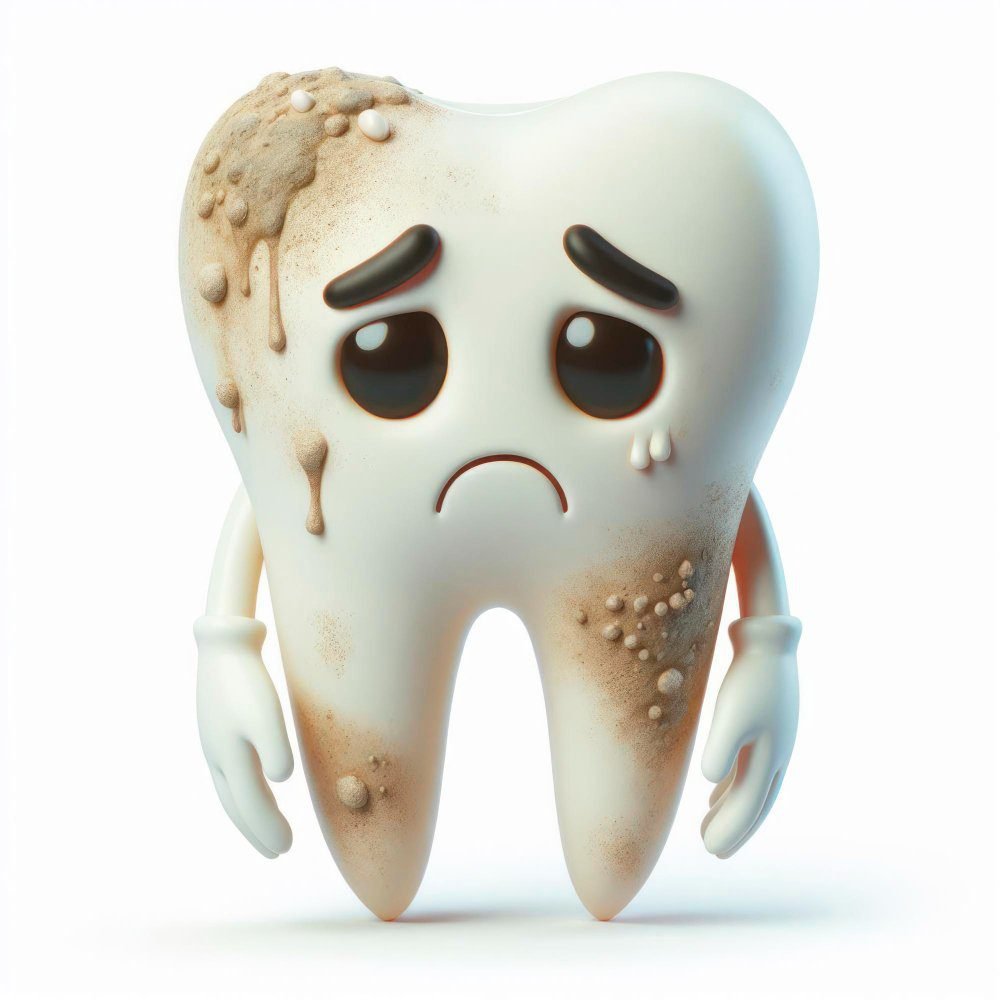
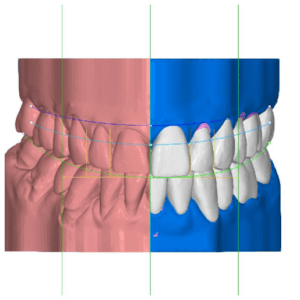
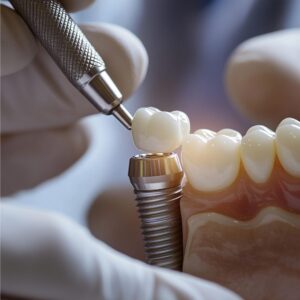
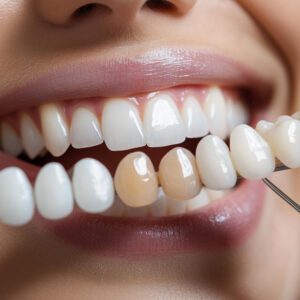
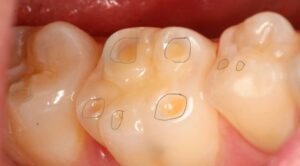
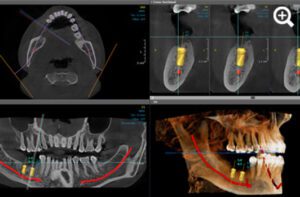

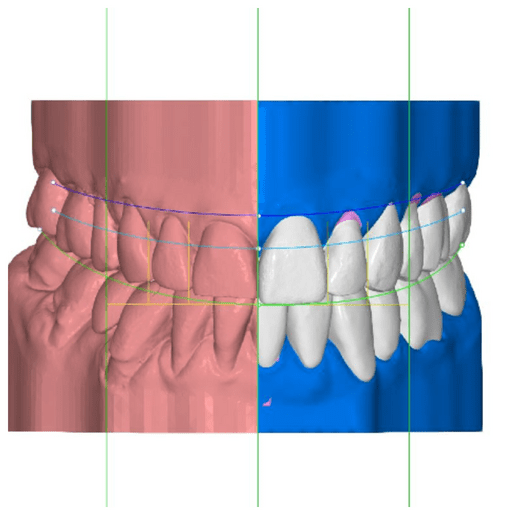

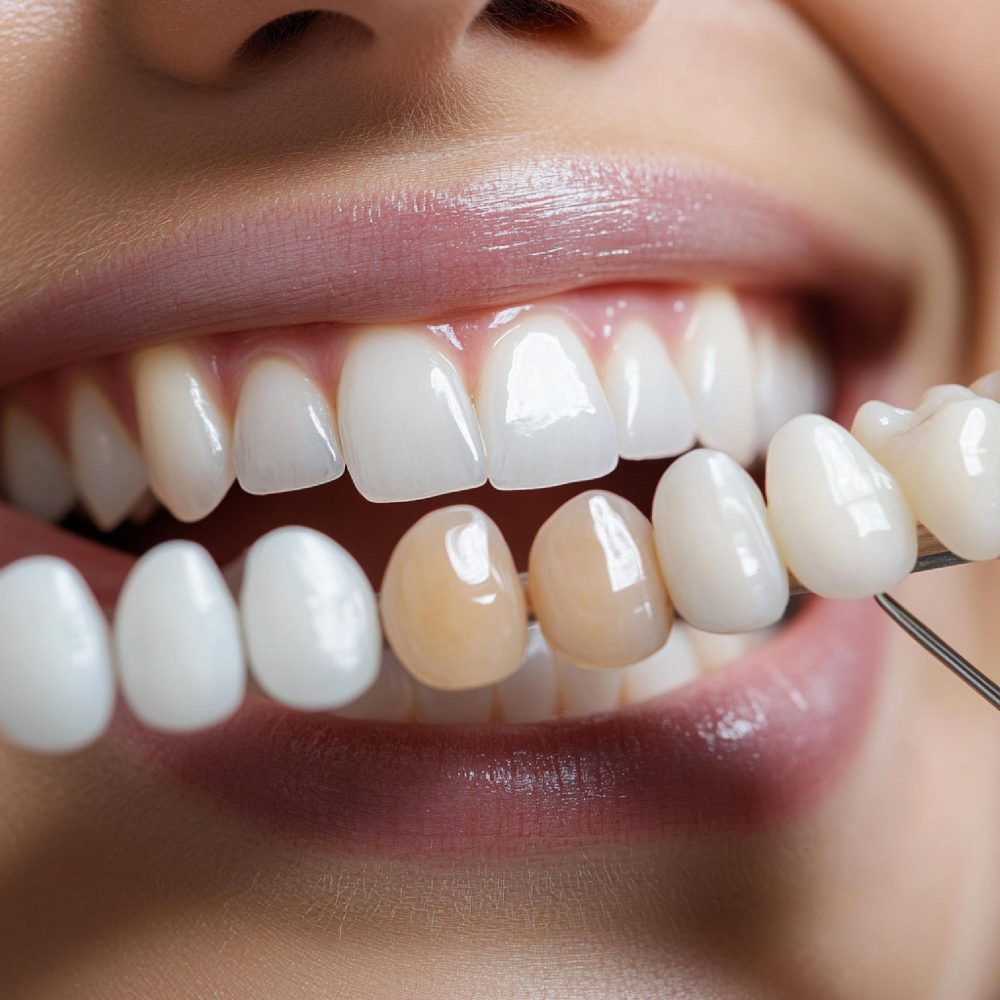
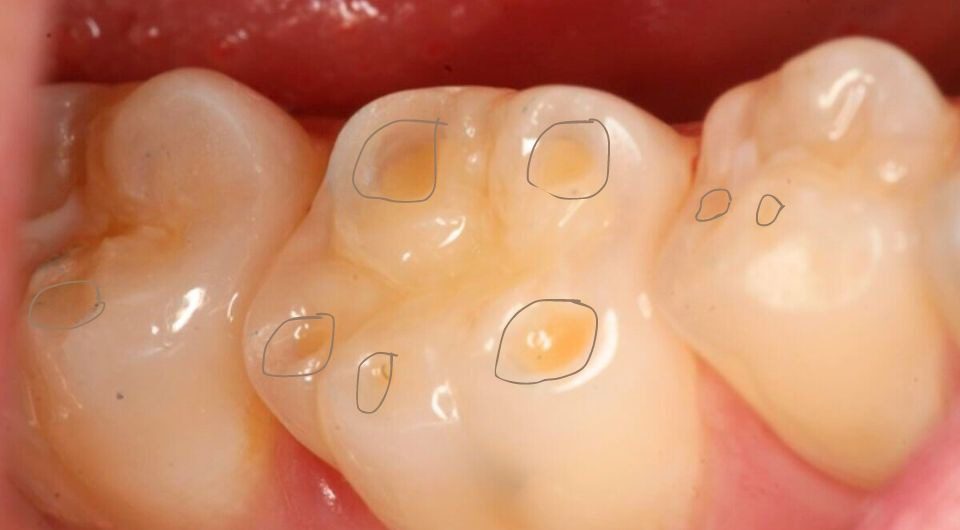

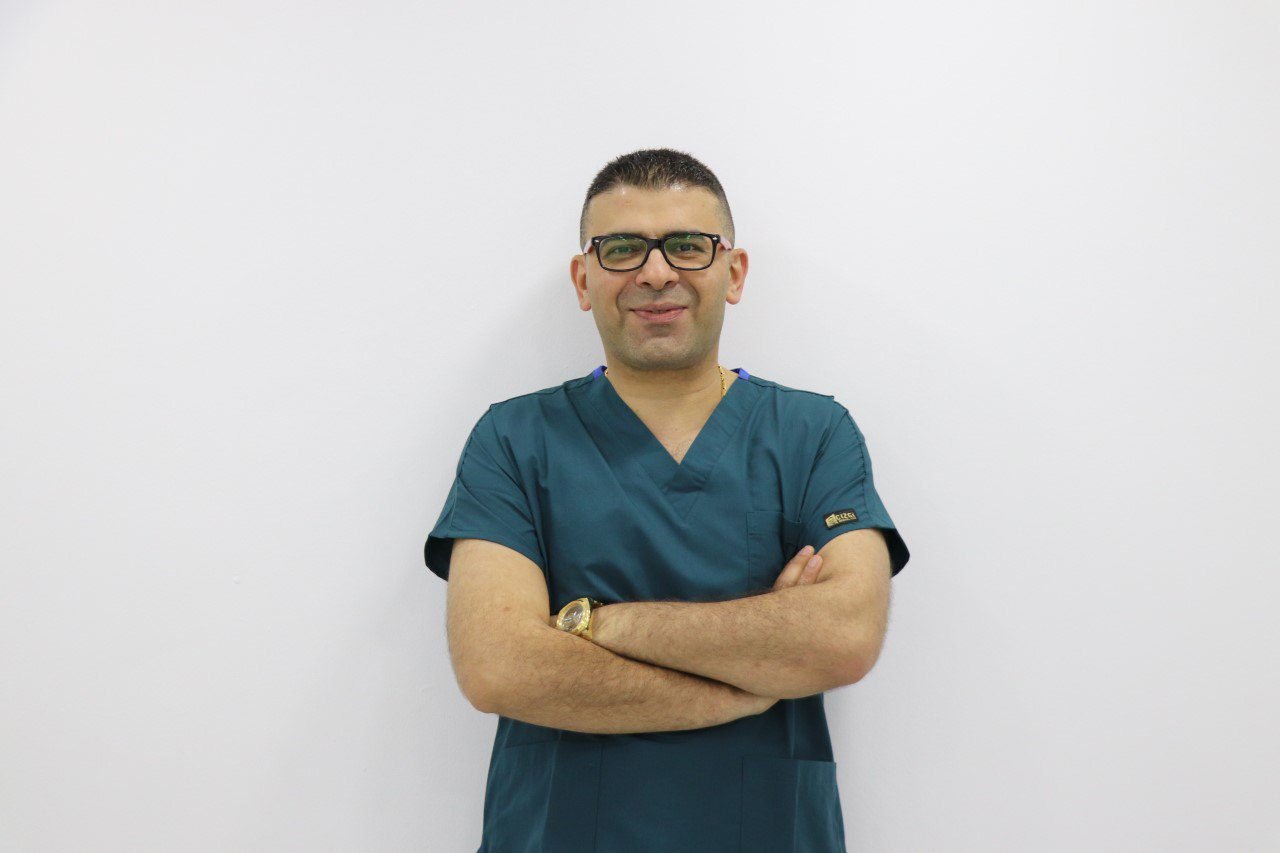
4 Responses